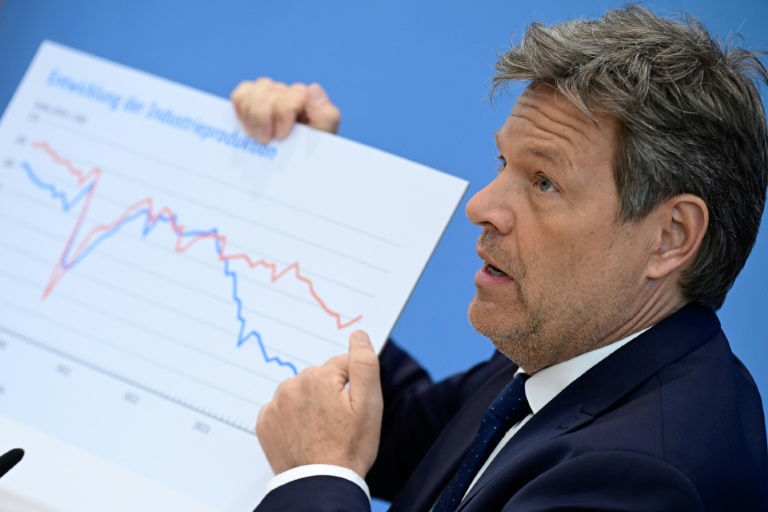The Malthusian Theory: A Historical Perspective
The Malthusian Theory, proposed by Thomas Malthus in the late 18th century, argued that population growth would eventually outstrip the availability of resources, leading to widespread poverty and famine. Malthus believed that the population grows exponentially, while resources grow linearly, leading to a population crisis.
Malthus’s theory, although controversial at the time, had a profound impact on the field of economics and demography. It shaped the way people thought about population growth and its consequences.
The Criticism of Malthusian Theory
While Malthus’s theory gained popularity during the Industrial Revolution, it has faced significant criticism over the years. Many argue that it is no longer applicable to our modern world. Here are a few key points of criticism:
- Technological Advancements: Malthus did not account for the role of technological advancements in increasing resource availability. Since his time, we have witnessed significant technological progress that has greatly improved agricultural productivity, resource extraction, and energy production.
- Economic Growth: Malthus failed to consider the potential for economic growth. As nations develop, their economies expand, leading to increased productivity and resource abundance. This growth allows societies to sustain larger populations while still meeting their basic needs.
- Education and Family Planning: Education and access to family planning have changed the dynamics of population growth. With improved education, people are more likely to make informed decisions about family size, leading to a decline in birth rates. Family planning programs have also contributed to slowing population growth in many parts of the world.
- Environmental Considerations: Malthus did not adequately consider the impact of environmental conservation and sustainability measures. Today, there is a growing awareness of the need to protect and manage resources sustainably, which has led to efforts to promote renewable energy, efficient resource allocation, and conservation practices.
The Relevance of Malthusian Theory Today
While Malthusian theory may not accurately reflect the current state of the world, it still offers valuable insights into population dynamics and resource management.
Firstly, Malthus’s theory reminds us of the importance of responsible resource allocation. It highlights the need for sustainable practices that ensure current and future generations have access to essential resources.
Additionally, Malthus’s theory also raises awareness about the potential consequences of unchecked population growth. It serves as a reminder of the need to address issues such as poverty, inequality, and access to healthcare and education, which can have a significant impact on population dynamics.
Furthermore, Malthusian theory sparks debate and encourages further research and exploration of alternative theories and solutions. It challenges economists and demographers to think critically about population growth, resource availability, and notions of progress and development.
While the Malthusian Theory may not be entirely applicable to our contemporary world, its legacy lives on. It offers valuable insights into the relationship between population growth and resource availability and serves as a reminder of the importance of responsible resource management. The criticism faced by Malthus’s theory encourages ongoing dialogue and exploration of alternative ideas, shaping our understanding of economic and demographic dynamics in the modern era.






















